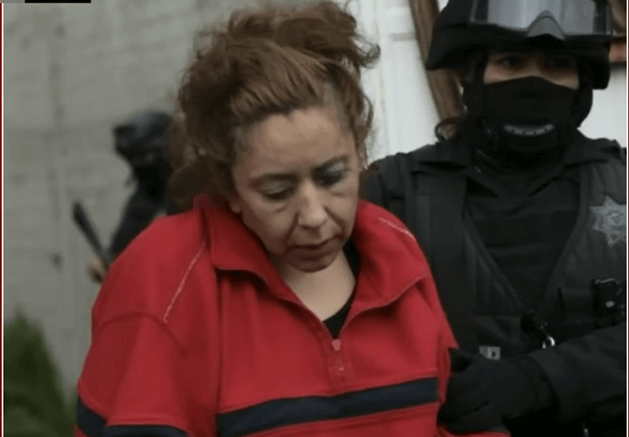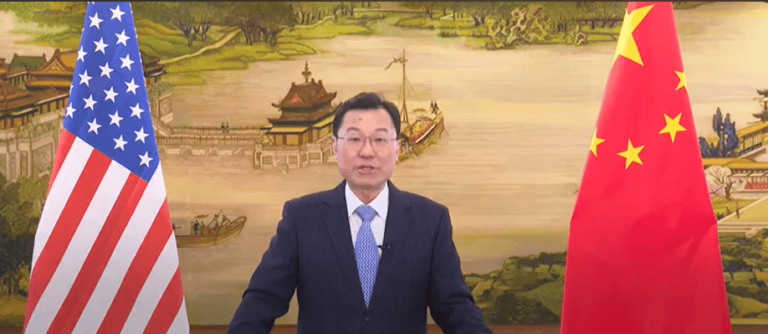The need for an expansion in the availability of Integral Education has grown critical. Finally, digital inclusion of students and teachers is an objective that will continue to be relevant in the post-pandemic future.
According to a recent research by Fundaço Getulio Vargas (FGV), pupils in Brazilian public schools studied about 50% less during the epidemic. The poorest and black people were the most punished. The number of daily hours spent to study among students whose families are Bolsa-Famlia recipients fell from 4 hours and a minute to 2 hours and a minute.
In the same vein, a collaborative report by Unicef, Unesco, and the World Bank on Education During the Pandemic warns of probable “irreparable losses” in the educational development of nations such as Brazil, as well as the significant harm that learning deficiencies should impose on income.
These diagnoses must be examined carefully by public officials in charge of educational policies. They should not be underestimated, nor should they leave us perplexed and paralysed. The moment has come to act. The time has come for all parts of society to pull up their sleeves and come up with answers for education.
Among the major problems, learning recovery stands out. It is important to construct a huge national mobilisation effort around a massive school reinforcement agenda capable of making local intense learning programmes effective. The Union and the states must assist towns in developing these initiatives, which may – and should – rely on the consistent assistance of higher education institutions.
Initiating a massive national task force focused at recovering content and expanding school assistance is therefore one of the country’s primary problems in the future years. Universities can provide technical assistance by conducting periodic analyses and diagnoses, as well as mobilising trainees to assist with school-based activities.
Increasing the amount of time spent on study is another difficulty. The need for an expansion in the availability of Integral Education has grown critical. Finally, digital inclusion of students and teachers will remain a priority in the post-pandemic future.
Based on these assumptions, the municipality of Niterói aims to provide uniform solutions to the pandemic’s effects on public schools. The participation of society, as well as the reaffirmation of our commitment to the use of constitutional percentages in education, round out our plan for reclaiming learning and preserving the right to education in the city. We think that we can win this war and safeguard the educational progress of the country in the next years.
However, we must increase our sense of urgency and move decisively to support the work of our educators in every community and school across the country. There isn’t time to waste.










+ There are no comments
Add yours